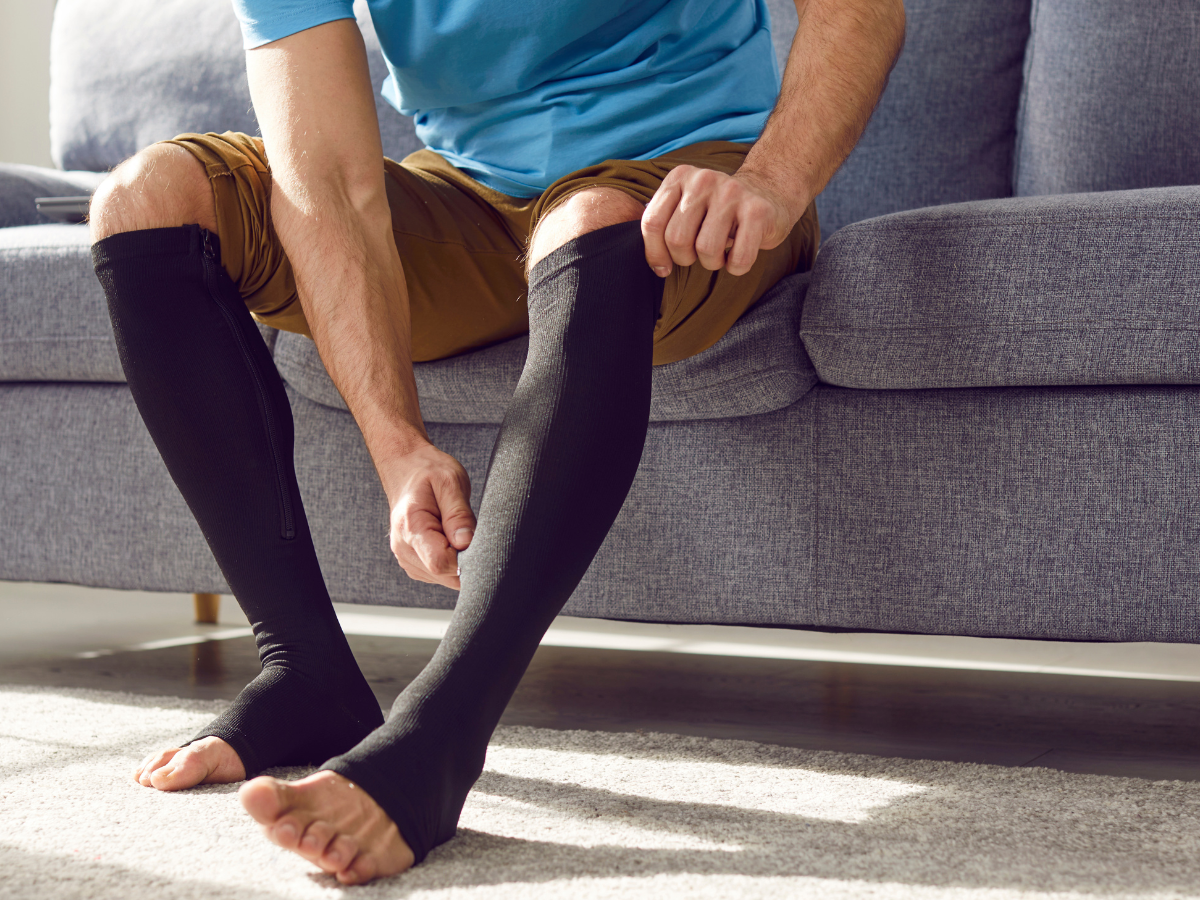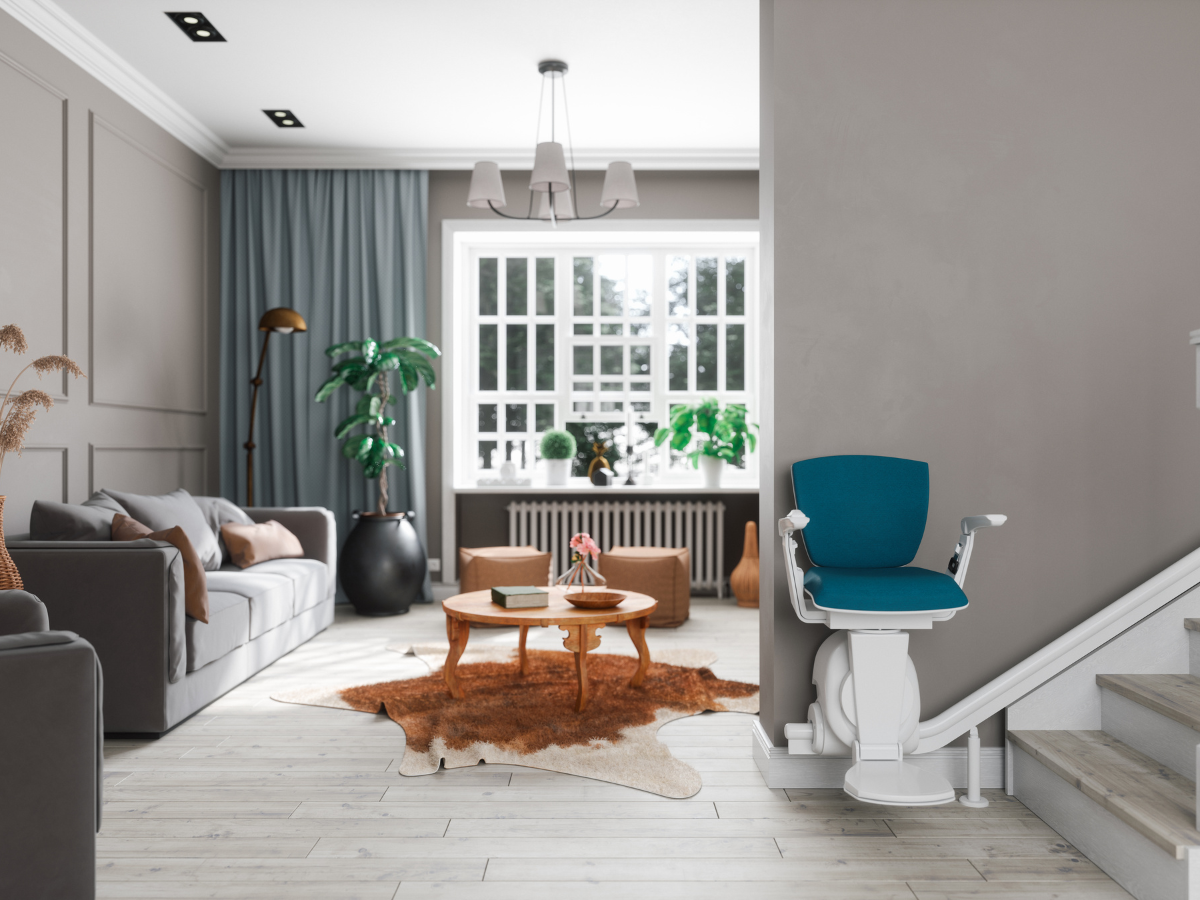Privacy can be hard to come by these days. With the coronavirus pandemic continuing to keep most of us at home throughout each day, we can sometimes find ourselves stepping over our family members. This can be quite concerning for everyone in the household – especially the seniors. Older adults often need constant care and supervision. But that doesn’t mean they don’t deserve a little privacy too.
Here are three keys to safely giving older adults the privacy they need:
1. Knock before entering a room.
It’s an age-old request that should go double for seniors. Consider the fact that older adults take longer than most people to perform simple tasks. We’re talking about things like getting dressed. Don’t assume your elderly loved one is “ready” simply because you asked him/her to put on some clothes twenty minutes ago. Do the right thing and knock on the door before entering a room where your aging parent usually enjoys his/her privacy.
“Knock before entering, and enter the room only when invited,” insists Jessica Fairbanks of Home Care Assistance in Cedar Falls, Iowa, “Privacy isn’t always the easiest thing to achieve, and sometimes seniors need a bit of help with more personal activities. Many older adults are choosing to age in place, and some need a helping hand to continue living at home safely and comfortably.”
2. Help Mom or Dad to come up with a clever password.
Physical privacy is not the only type your aging parent covets. He/she also requires privacy when it comes to his/her online entities. We’re talking about such things as email and social media accounts. Encourage your elderly loved one to not use a password that is easy for others to guess. To create a strong password that’s easy to remember, suggest your parent uses a full sentence. It’s a practice recommended by the National Cyber Security Alliance.
“A strong passphrase is a sentence that is at least 12 characters long,” says their website, “Focus on positive sentences or phrases that you like to think about and are easy to remember (for example, ‘I love country music.’). On many sites, you can even use spaces!”
3. Implement a need-to-know policy.
Although you may be the caregiver of your aging parent, it doesn’t mean you need to know every single thing he/she is doing. If the senior in your home is in the bathroom for a lengthy period of time, knock on the door and ask “Is everything okay in there?” instead of “What are you doing in there?” It makes a big difference. As long as the response is positive, follow up with “Is there anything I can do to help?” as opposed to “I’m coming in!”
Fairbanks points out that implementing a need-to-know policy is also important when it comes to finances. “If your loved one is having difficulty managing his or her finances, he or she probably doesn’t want the whole world to know,” she points out, “When faced with this kind of issue, only discuss it with people who need to know. You might tell the accountant now handling your loved one’s finances, but you don’t have to mention it to extended family members or your loved one’s friends from church.”
Would the bathroom accessibility devices offered by Advantage Home Health Solutions help to give your elderly loved one more privacy? To learn more about them, please don’t hesitate to give us a call at 403-460-5438. You may also email us by filling out the form on our Contact page!



